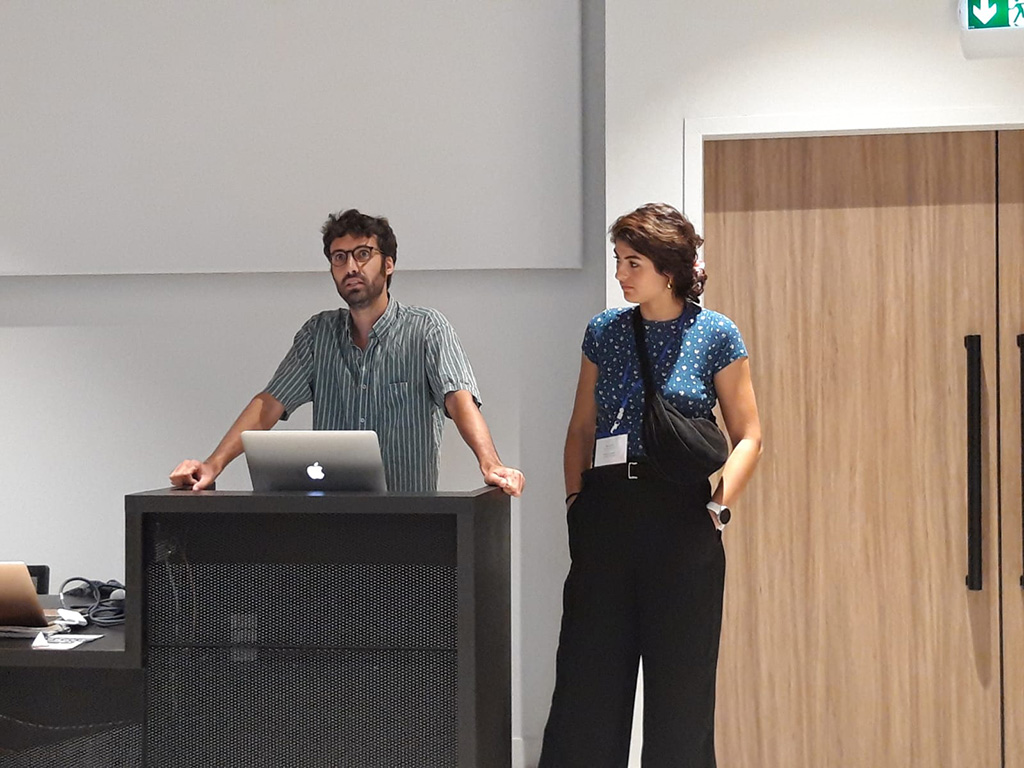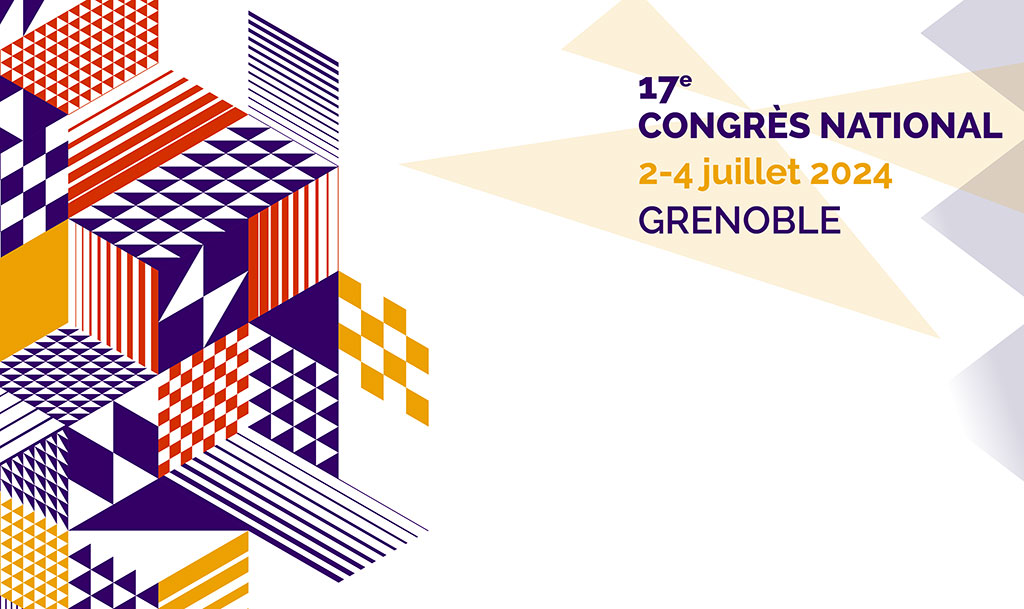The LIVE-AR Team is participating at the 17th National Congress of the French Association of Political Science (AFSP) in Grenoble, France from 2nd to 4th of July 2024. Lina Benchekor and Léo Fourn are conductiong two panels, and other members of the LIVE-AR team will be taking part of the discussions such as Caroline Barbary, Victor Dupont, and Arbia Selmi.
Here is a summary of their sessions:
The protagonists of the Arab uprisings since 2010 have often been labelled using categories such as “the people”, “youth” or “women”. Beyond these globalising labels, what are the processes by which activist identities are formed and transformed in a (post)revolutionary context? In the wake of interactionist sociology, which views identity as a continuous process throughout biographical trajectories, we are interested in both assigned identifications and claimed belongings. This ST invites us to reflect on the fluidity of activist identities in contexts of disruption of the social and political order (revolution, authoritarian restoration or war). Successive shifts in identity occur as revolutionaries’ relationships with the event itself and its outcomes change. So how do activist identities survive, over the long term, when the revolutionary dynamic runs out of steam? We will also examine how these identities relate to other affiliations (professional, family and/or community), with which they may be associated but also conflict.
The uprisings have led to processes of subjectivation that reshaped the sense of belonging of their protagonists, particularly through the adoption of a revolutionary identity and the reconfiguration of their social networks. From this perspective, we intend to explore changes in activists’ self-perceptions and self-presentations in a post-revolutionary decade marked by profound transformations in the public and private spheres. Minority (ethnic, regional, religious, gender and sexual orientation) and sectoral (e.g. unemployed graduates) groups have made their own demands, thereby reversing the stigma long associated with these social categories.
How do militant organisations shape collective identities and how are they appropriated by their members? Who are the actors outside the protest movements who contribute to the production of these categories (activists, feminists, Islamists, etc.) and redefine them over time? We might think of foreign sponsors who promote categories of activism that are adopted and translated locally, such as the lexicon of “civil society”. The regimes under threat, for their part, produce counter-discourses and categorisations aimed at disqualifying their opponents, by describing them as terrorists, traitors or agents of foreign powers.
By adopting a reflexive approach, we will analyse the way in which social science research handles these categories when conducting fieldwork. We will look at the methods used to analyse the expression and materiality of identity processes. For example, we will look at the use of the biographical method, which enables us to reconstruct the evolution of militant affiliations, and at methods for analysing militant language productions disseminated in the public arena (slogans, speeches, artistic practices, etc.). This will lead to a discussion of the lexicon used to designate activism in context.
The ST will be divided into two sessions. The first is entitled “Negotiating identities, between claiming and dissimulation”; the second, “The institutional making of activist identities”.
Link to the programme : https://www.afsp.info/congres/congres-2024/sections-thematiques-2024/st-08/
———-

———-

———-

